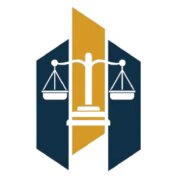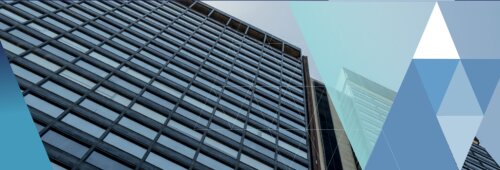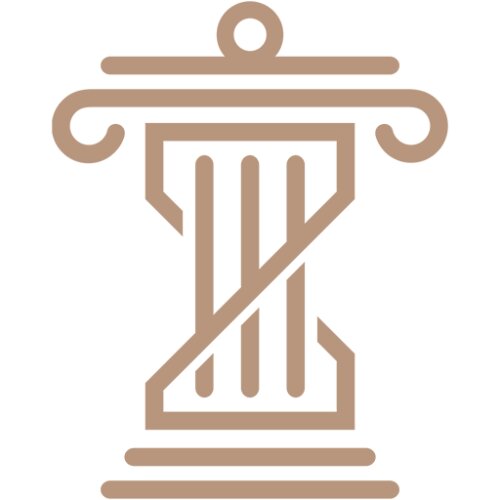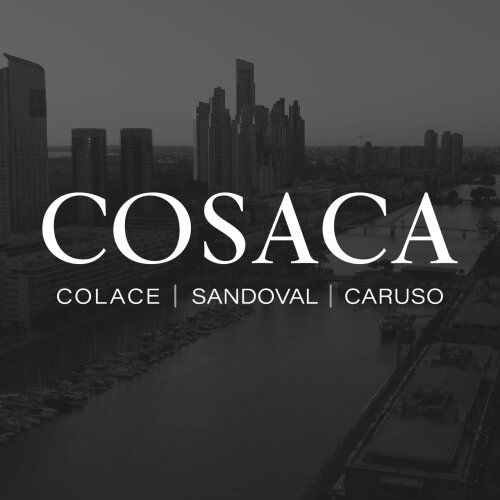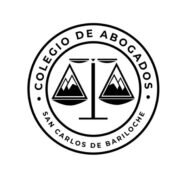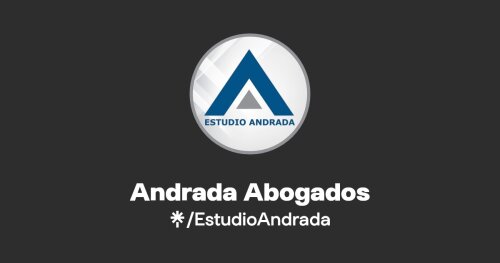Best Juvenile Law Lawyers in Buenos Aires
Share your needs with us, get contacted by law firms.
Free. Takes 2 min.
List of the best lawyers in Buenos Aires, Argentina
About Juvenile Law in Buenos Aires, Argentina:
Juvenile Law in Buenos Aires, Argentina deals with legal matters involving minors under the age of 18. The main objective of Juvenile Law is to protect the rights and best interests of children and adolescents in various legal proceedings.
Why You May Need a Lawyer:
You may need a lawyer in Juvenile Law for various reasons, such as if your child is facing criminal charges, needs representation in custody disputes, or requires assistance in adoption or guardianship proceedings. A lawyer can provide expert guidance and representation to ensure the best outcome for the child.
Local Laws Overview:
In Buenos Aires, Argentina, Juvenile Law is governed by the National Civil and Commercial Code, as well as specific laws that pertain to minors, such as the National Youth Protection Law. These laws outline the rights and responsibilities of minors, parents, and legal guardians in different legal matters.
Frequently Asked Questions:
1. What is the age of majority in Argentina?
In Argentina, the age of majority is 18 years old. Individuals under the age of 18 are considered minors and are subject to Juvenile Law.
2. Can minors be tried as adults in Argentina?
Yes, in certain cases, minors over the age of 16 can be tried as adults in Argentina for serious crimes.
3. What rights do minors have in legal proceedings?
Minors have the right to legal representation, confidentiality in certain cases, and the right to be heard in legal proceedings that affect them.
4. How can I apply for guardianship of a minor in Buenos Aires?
To apply for guardianship of a minor in Buenos Aires, you must file a petition with the family court and demonstrate that you are capable of providing for the minor's needs.
5. What is the process for adopting a child in Argentina?
The process for adopting a child in Argentina involves obtaining approval from the National Adoption Authority, completing a home study, and attending court hearings to finalize the adoption.
6. Can parents be held liable for their child's actions in Argentina?
Yes, parents can be held liable for their child's actions in Argentina, especially if they were negligent in supervising their child or failed to fulfill their parental duties.
7. What are the penalties for juvenile offenders in Argentina?
Juvenile offenders in Argentina may face penalties such as probation, community service, or placement in a juvenile detention center, depending on the severity of the offense.
8. Can minors seek emancipation in Argentina?
Yes, minors in Argentina can seek emancipation from their parents through a legal process in family court, which grants them certain rights and responsibilities of an adult.
9. Are there support services available for minors in Buenos Aires?
Yes, there are various governmental and non-profit organizations in Buenos Aires that provide support services for minors, such as counseling, education, and shelter.
10. How can I find a lawyer specializing in Juvenile Law in Buenos Aires?
You can contact the Buenos Aires Bar Association or search online legal directories to find a lawyer specializing in Juvenile Law in Buenos Aires.
Additional Resources:
For more information on Juvenile Law in Buenos Aires, you can refer to the National Youth Protection Agency and the Ministry of Social Development, which provide services and support for minors in legal matters.
Next Steps:
If you need legal assistance in Juvenile Law in Buenos Aires, it is recommended to consult with a qualified lawyer who specializes in this field to assess your situation and provide guidance on the best course of action to protect the rights and interests of the minor involved.
Lawzana helps you find the best lawyers and law firms in Buenos Aires through a curated and pre-screened list of qualified legal professionals. Our platform offers rankings and detailed profiles of attorneys and law firms, allowing you to compare based on practice areas, including Juvenile Law, experience, and client feedback.
Each profile includes a description of the firm's areas of practice, client reviews, team members and partners, year of establishment, spoken languages, office locations, contact information, social media presence, and any published articles or resources. Most firms on our platform speak English and are experienced in both local and international legal matters.
Get a quote from top-rated law firms in Buenos Aires, Argentina — quickly, securely, and without unnecessary hassle.
Disclaimer:
The information provided on this page is for general informational purposes only and does not constitute legal advice. While we strive to ensure the accuracy and relevance of the content, legal information may change over time, and interpretations of the law can vary. You should always consult with a qualified legal professional for advice specific to your situation.
We disclaim all liability for actions taken or not taken based on the content of this page. If you believe any information is incorrect or outdated, please contact us, and we will review and update it where appropriate.




